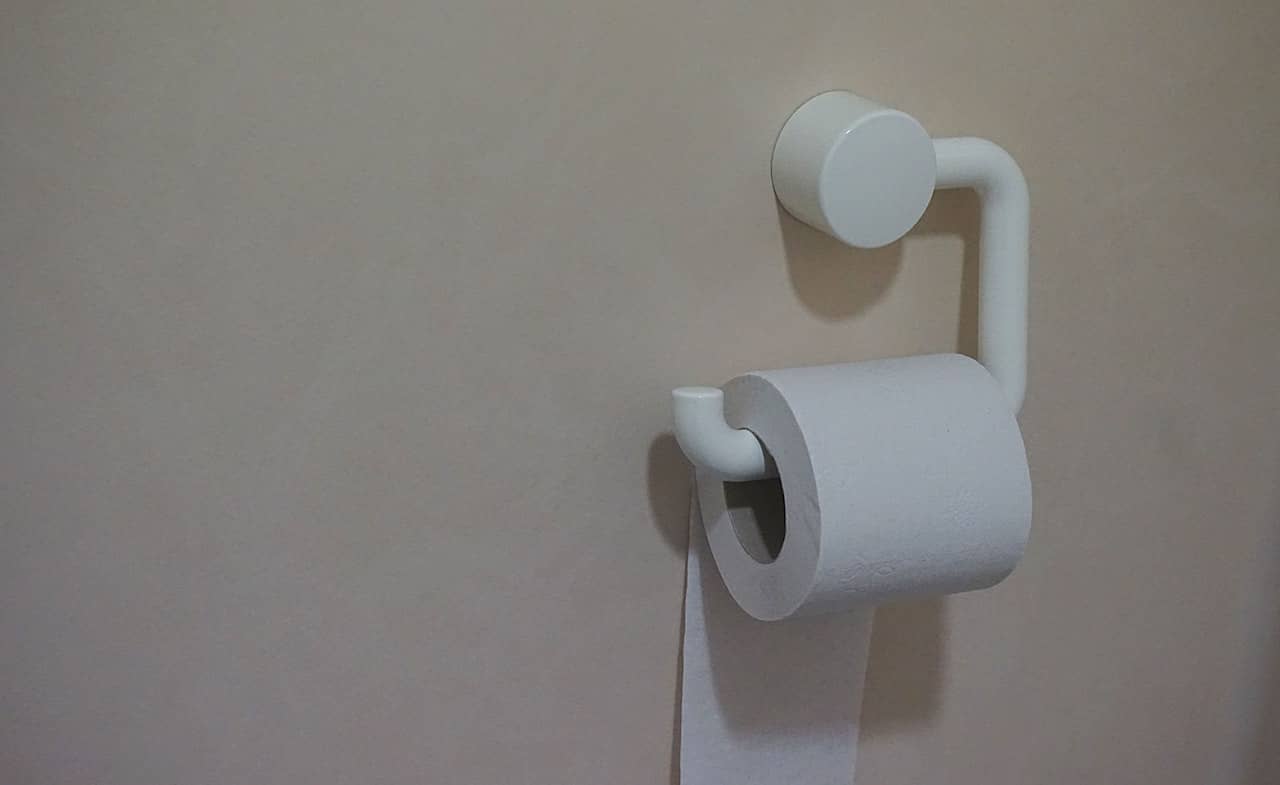Neurogenic bowel is a condition that affects the normal functioning of the bowels due to a neurological disorder or injury. In this article, we will explore what neurogenic bowel is, its symptoms, and available treatment options. We will also explain the best steps to take to start a serious injury claim. So, let’s dive in and unravel the mysteries of this condition.
What is Neurogenic Bowel?
Neurogenic Bowel , also known as neurogenic bowel dysfunction, occurs when there is a disruption in the communication between the brain and the muscles of the bowel. The nerves that control the muscles responsible for bowel movements are impaired, leading to various difficulties in bowel function.
This condition is often associated with neurological disorders or injuries, such as spinal cord injury, multiple sclerosis, Parkinson’s disease, stroke, or nerve damage. When the nerves that transmit signals from the brain to the bowel are damaged or interrupted, the normal coordination of bowel movements is disrupted, causing a range of symptoms.
Symptoms of Neurogenic Bowel
The symptoms of neurogenic bowel can vary depending on the severity and underlying cause of the condition. Common symptoms include:
Constipation
Many individuals with neurogenic bowel experience chronic constipation. The stool becomes hard and difficult to pass, leading to discomfort and straining during bowel movements.
Incontinence
On the other end of the spectrum, some individuals may experience bowel incontinence, where they have little to no control over their bowel movements. This can result in involuntary leakage of stool.
Irregular bowel movements
Neurogenic bowel can disrupt the regularity of bowel movements. Some people may have infrequent bowel movements, while others may have unpredictable and sporadic bowel patterns.
Incomplete bowel emptying
People with neurogenic bowel may have difficulty fully emptying their bowels. This can leave them with a feeling of incomplete evacuation, leading to a persistent sense of discomfort.
Abdominal pain and bloating
Neurogenic bowel can cause abdominal pain and bloating due to the abnormal accumulation of stool in the intestines. This can lead to discomfort and a feeling of fullness.
Haemorrhoids
Chronic constipation and straining during bowel movements can increase the risk of developing haemorrhoids, which are swollen blood vessels in the rectal area.
It is important to note that the symptoms of neurogenic bowel can significantly impact an individual’s quality of life. They can cause embarrassment, social isolation, and affect daily activities and overall well-being.
Is Neurogenic Bowel Curable?
Neurogenic bowel is a chronic condition that typically requires ongoing management rather than a complete cure. However, with proper treatment and lifestyle modifications, the symptoms can be effectively controlled, allowing individuals to lead more comfortable and fulfilling lives.
The treatment approach for neurogenic bowel depends on the underlying cause, severity of symptoms, and individual needs. Here are some common treatment options:
Dietary Modifications
Adjusting the diet can help regulate bowel movements. Increasing fibre intake through fruits, vegetables, and whole grains can help alleviate constipation. Adequate hydration is also essential to maintain bowel regularity.
Medications
Certain medications, such as stool softeners, laxatives, or enemas, may be prescribed to manage constipation or facilitate bowel movements. However, it is important to consult with a healthcare professional before using any medication.
Bowel Training
Establishing a regular bowel routine can be beneficial. By dedicating specific times for bowel movements and utilising techniques like abdominal massage or bearing down exercises, individuals can improve bowel control and regularity.
Biofeedback Therapy
This therapy involves using sensors to monitor muscle activity in the pelvic floor and providing real-time feedback. It helps individuals learn how to engage and strengthen the appropriate muscles involved in bowel control.
Surgical Interventions
In some cases, surgical interventions may be necessary to address specific issues related to neurogenic bowel. For example, if there is a structural abnormality or blockage, surgery may be required to correct it.
It is crucial for individuals with neurogenic bowel to work closely with a healthcare team that specialises in this condition. They can provide personalised guidance, monitor progress, and make adjustments to the treatment plan as needed.
While neurogenic bowel may not have a definitive cure, it is possible to effectively manage the symptoms and improve quality of life. With the right combination of treatments and lifestyle modifications, individuals can regain control over their bowel function and minimise the impact of this condition on their daily lives.
Making a Serious Injury Claim
When dealing with neurogenic bowel resulting from a serious injury, individuals may have the option to pursue a legal claim for compensation. If the condition is caused by an accident or negligence, such as a car accident, workplace incident, or medical malpractice, it may be possible to hold the responsible party accountable and seek financial support to cover medical expenses, ongoing treatment, rehabilitation, and other related costs.
To make a serious injury claim, it is essential to consult with us at National Claims, where we specialise in handling cases involving neurological conditions. We will guide you through the claims process, assess the circumstances of your injury, and help determine the viability of your claim.
During the claim process, your lawyer will gather relevant evidence, such as medical records, expert opinions, and testimonies, to establish a clear link between the injury and the neurogenic bowel. We will also work to calculate the appropriate compensation amount that takes into account medical expenses, lost wages, pain and suffering, and future care needs.
It is important to note that every case is unique, and the outcome of a serious injury claim will depend on various factors, including the jurisdiction, the strength of the evidence, and the expertise of us. It is crucial to have realistic expectations and be prepared for a potentially lengthy legal process.
While pursuing a serious injury claim may not directly cure neurogenic bowel, it can provide financial support to access the necessary medical treatments, therapies, and support services. It can also offer a sense of justice and closure for the individual and their loved ones.
Conclusion
Neurogenic bowel is a condition that significantly affects bowel function due to a neurological disorder or injury. The symptoms can range from constipation and incontinence to irregular bowel movements and abdominal pain, causing discomfort and impacting an individual’s quality of life. Although there is no definitive cure for neurogenic bowel, various treatment options, such as dietary modifications, medications, bowel training, biofeedback therapy, and surgical interventions, can effectively manage the symptoms and improve overall well-being.
Furthermore, for individuals who have experienced neurogenic bowel as a result of a serious injury, pursuing a legal claim for compensation may be an option. Seeking the assistance of one of our claims specialists experienced in handling neurological cases can help navigate the complex legal process and potentially provide financial support for medical expenses and ongoing care.
Start your claim with us today and also contact us to find out more about us and how we deal with serious injury claims.
Click below to see why we are one of the most trusted claims management companies in the UK.






